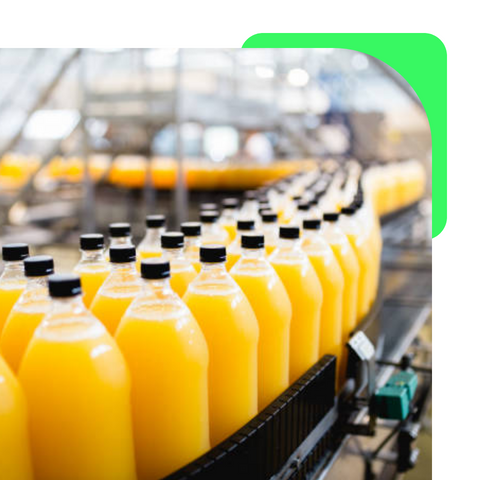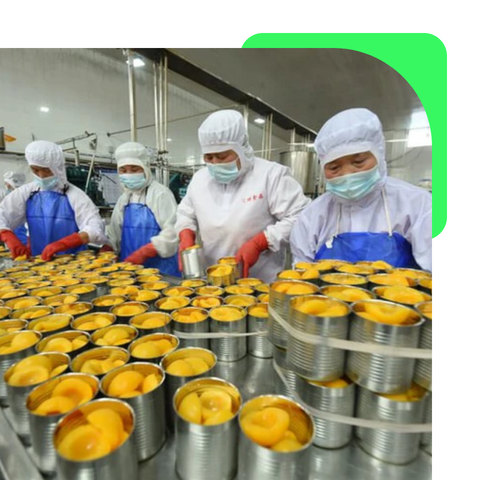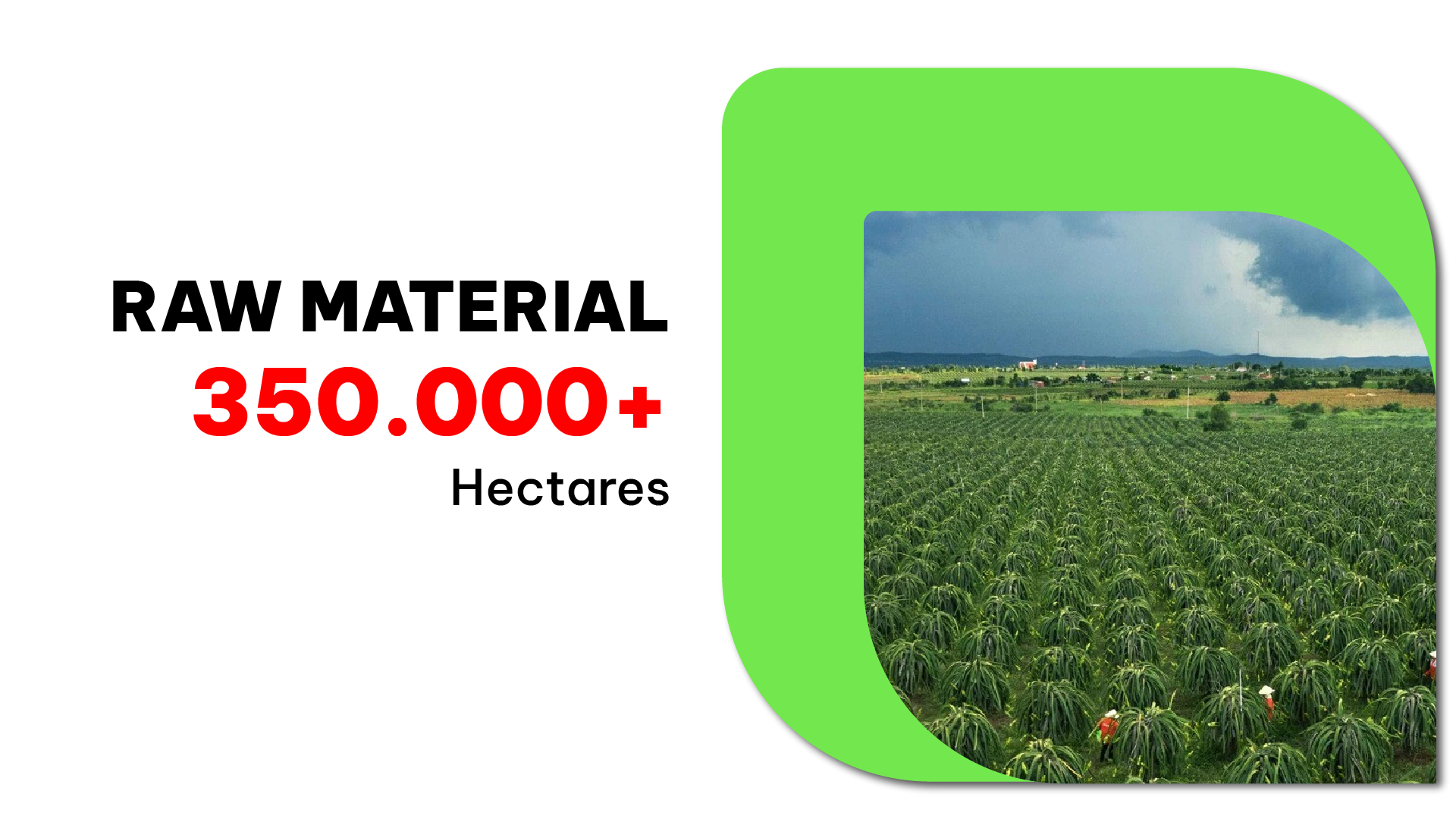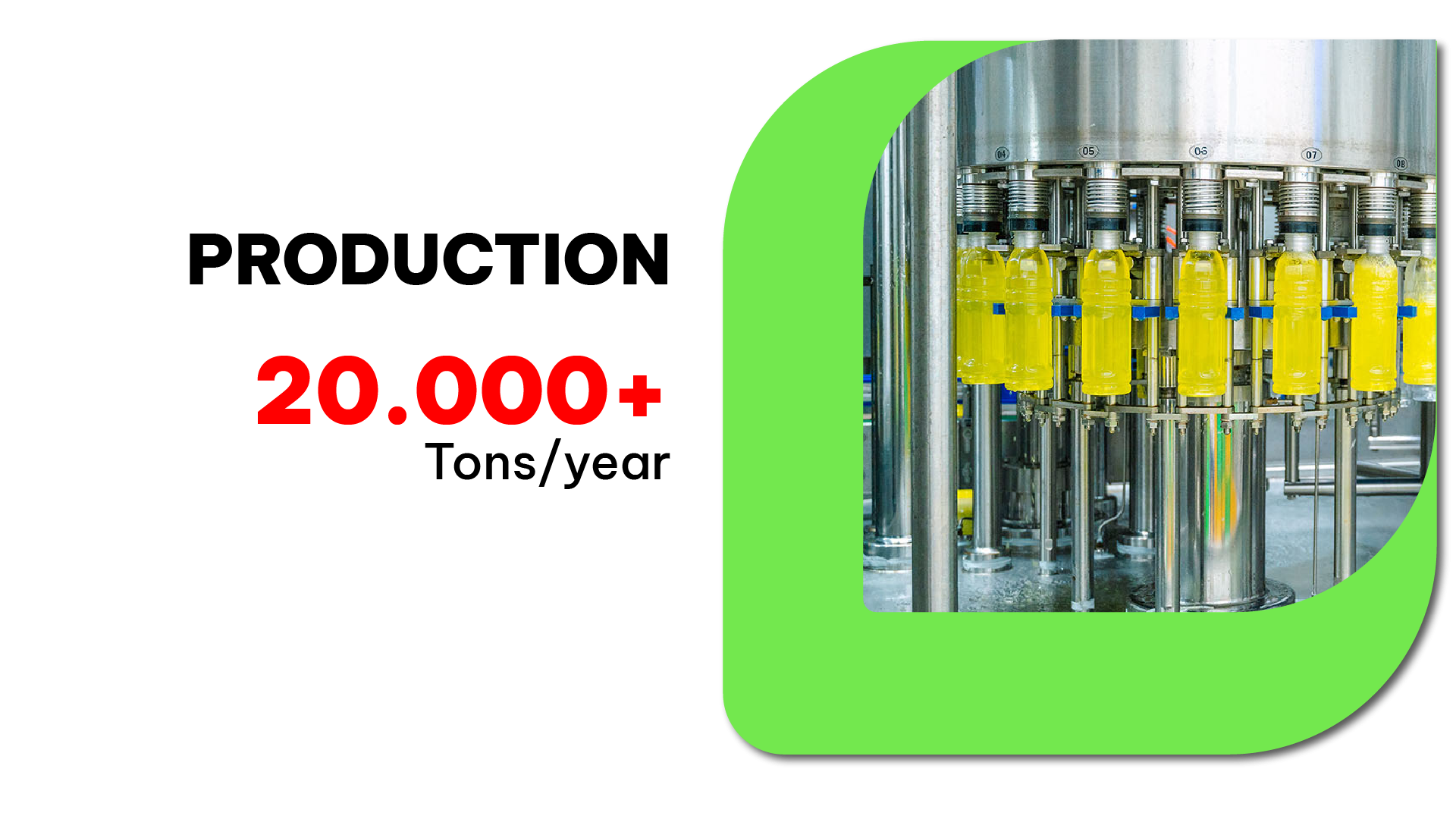WTP Agri is a subsidiary of WTP Group established in 2016 with the mission of 'Exporting processed fruits from Vietnam to the world.' Our strength lies in being the most reliable investor and business partner with the top 10 leading fruit processing and exporting factories in Vietnam.
The ecosystem of WTP Group's subsidiary companies provides solutions that help our factories sustainably develop in business operations, raw material management capacity, quality standards, finance, accounting, tax, human resources, and in providing capital sources and investment cooperation plans to expand production scale to meet the processing and export needs of leading global partners.

WTP Agri specializes in exporting processed fruits from Vietnam, including: Aloe Vera, Coconut Jelly, Concentrated Fruit Juice, Dried Fruits.

WTP Agri specializes in the export processing (OEM/ODM) of fruit juice, canned fruit, and dried fruit.




WTP Agri understands that the key to a successful collaborative deal begins with comprehending the specific needs and expectations the partner aims to achieve throughout the collaboration process.
WTP Agri own a market research company, and our strength lies in being the most reliable investor and business partner with the top 10 leading fruit processing and exporting factories in Vietnam. We provide valuable market insights and pricing information regarding goods exported from Vietnam, enabling partners to shift their supply chain to Vietnam confidently.
WTP Agri supply products that guarantee quality and timely delivery. Moreover, we assist the buying partner in handling issues throughout the collaboration process with a dedicated service mindset, ensuring a win-win situation.
WTP Agri not only serve as product suppliers but also act as an investment partner, aiding foreign businesses in seeking investment opportunities for developing their supply chain in Vietnam.
Shifting supply chains to Vietnam offers numerous advantages for foreign businesses. Below are some of the key benefits of undertaking this move:
These advantages have made Vietnam an attractive destination for shifting supply chains, garnering the interest of many international businesses. However, for success, businesses still need to consider collaborating with professional trade and investment advisory organizations such as WTP Group, which can help optimize market access and minimize risks in investment and cooperation activities in Vietnam.
To participate in the global supply chain, businesses need to enhance essential management capabilities. Today, supply chains have become more complex than ever before, and to compete and thrive in this environment, businesses need to understand and develop the following abilities:
Enhancing management capabilities not only helps businesses participate in the global supply chain but also helps them compete and thrive in an increasingly complex and rapidly changing business environment.
In current trends, Vietnamese businesses often choose to collaborate with consulting firms like WTP Group to maximize the experience of an ecosystem of more than 20 specialized companies in supporting businesses to join the global supply chain. This collaboration helps businesses establish the right strategic direction, execute effectively, and save costs.
Vietnamese enterprises are increasingly asserting their position in the processed fruit export market. However, to achieve long-term success and sustainability,…
Read MoreIn the increasingly competitive landscape of the processed fruit export market, finding a strategic investor is crucial. A strategic investor not only…
Read More